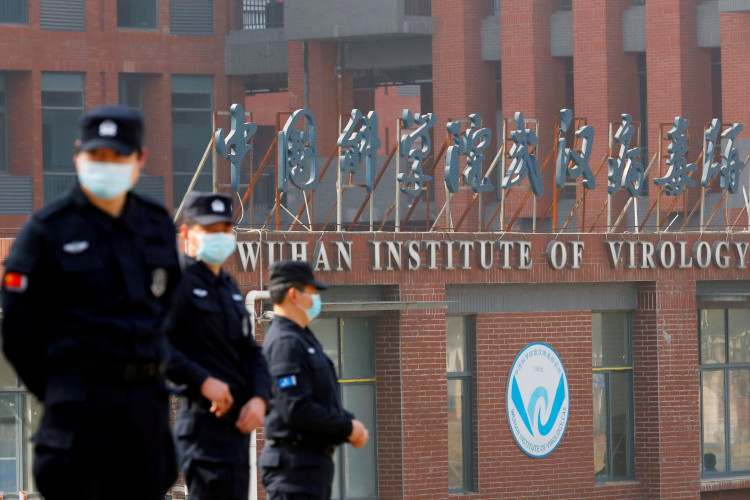Before the government started relaxing restrictions, the COVID-19 outbreak in China was already well underway, the World Health Organization warned on Wednesday (Dec 14). After unexpectedly abandoning its zero-COVID-19 policy and doing away with mass testing and quarantines after nearly three years of trying to eradicate the virus, Chinese officials warned that cases are rising quickly in Beijing.
WHO's emergency management director, Mike Ryan, made the remarks as he stressed the importance of boosting vaccination rates in the second-largest economy in the world. He claimed that long before the limitations were lifted, the virus was spreading "intensively" across the country.
Getting a sufficient number of people immunized will be China's biggest difficulty in controlling the virus, he said. According to Ryan, the Omicron variant of the virus, which was discovered around a year ago, meant China-style limitations were less effective against earlier strains that were in circulation during periods of low vaccine coverage.
As vaccination rates rose, Ryan claimed that these policies had primarily been employed to safeguard healthcare systems, but that their value had since shifted. "There is data from places like Hong Kong that show that the inactivated Chinese vaccines, with the addition of a third dose, performed very, very well. But it did require that third dose to show that effect," he said.
Since there is no "herd immunity" among the populace and low vaccination rates among the elderly, the initial elation in China at changes in policy allowing people to live with the virus has rapidly subsided amid growing fears about escalating infections. Senior WHO epidemiologist Maria Van Kerkhove stated that open lines existed and that the UN organization was giving China technical guidance.
Tedros Adhanom Ghebreyesus, the head of the WHO, expressed hope earlier on Wednesday that the pandemic, which has claimed more than 6.6 million lives since it first appeared in Wuhan, China, three years ago, will no longer be regarded as a worldwide emergency. A coordinated international response is supposed to be sparked by the designation of a "public health emergency of international concern" (PHEIC), which might also make money for exchanging vaccinations and treatments available.
Ryan said that many nations have disassembled their testing and surveillance methods, which are crucial for tracking the virus. "It's a very hard thing to say three years into a pandemic that there are still significant gaps," Ryan said. "We have to be really careful," he added.





